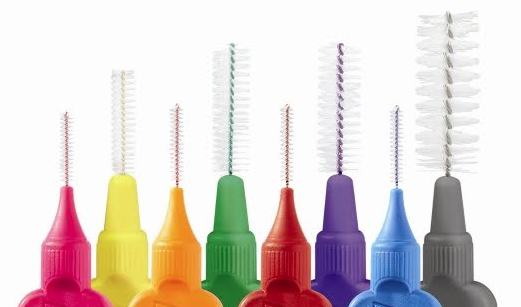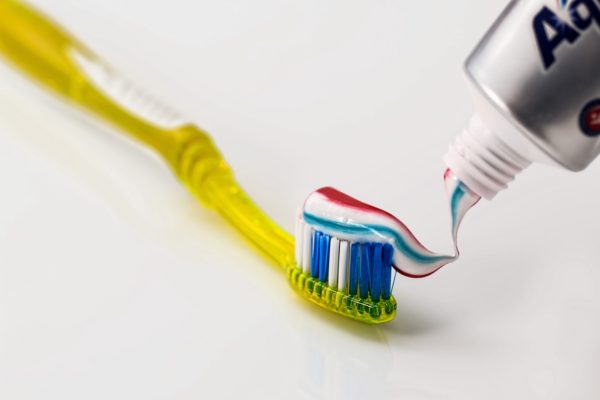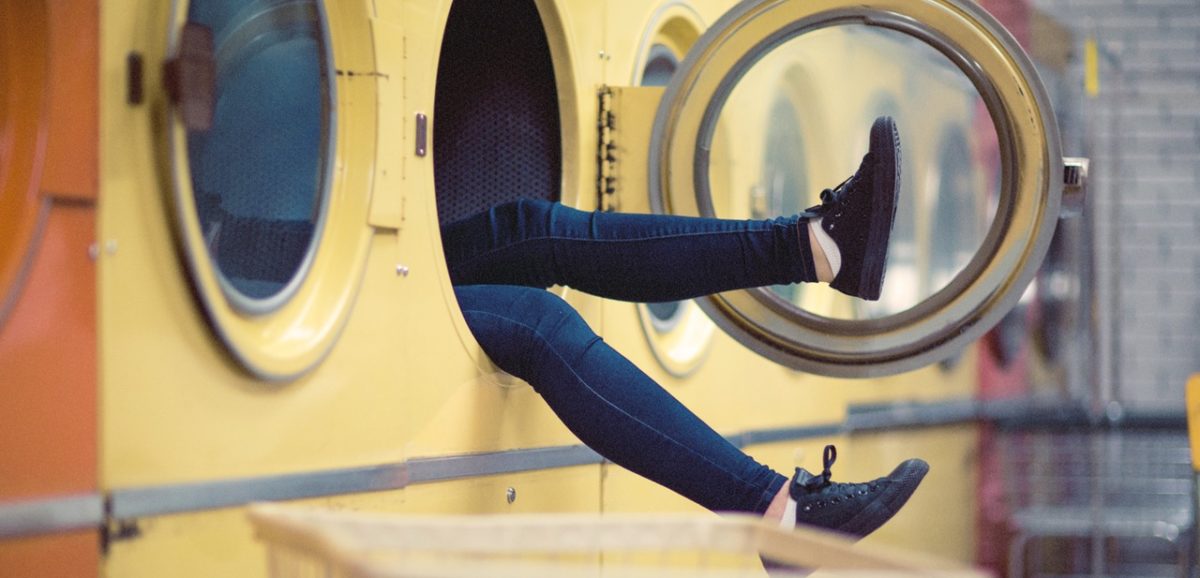Balance is perfection, and oral hygiene is not an exception. Falling short is a mistake, but too much hygiene too. It seems a contradiction, but the idea the cleaner the better doesn’t work either. Let’s take it bit by bit.
Too much dental hygiene
Recently, there has been much research on the correlation between dental hygiene and gastrointestinal disorders (ulcerative colitis, Crohn’s Disease and inflammatory bowel disease). Specifically, a group of researchers from Karolinska Institutet and Örebro University Hospital in Sweden monitored 10.162 subjects from 1973 to 2012 to analyze if there was any relation.
Results were surprising. Experts discovered a bad dental hygiene reduced the risk to suffer those disorders, specially among patients with the most severe oral disorders. It can’t be concluded that the less dental hygiene protects us from other diseases, but what looks likely it’s that too much hygiene, in general, leads kids to be less exposed to parasites and bacteria, what influences when developing allergies and autoimmune deseases.
In our mouth, there are bacteria we must keep at bay, however, if we control them so deeply, our defenses won’t be able to train their ‘soldiers’ against them. Balance!
Too much toothbrush
It’s recommended to clean your teeth with soft/medium bristle brush for two minutes. Brush’s function consists of removing the debris stuck in teeth, without damaging them. There are people who push the hard bristles against teeth as sanders. An excess of brushing may erode the enamel and expose dentin with no protection, apart from damaging our gums and soft tissues.
The same for dental floss or interdental brushes. We must slide gently the floss between the teeth, without damaging gums. Interdental brushes must be adjusted to the size of the spaces in our denture. Bristles must remove the debris, not the wire supporting them. There are different shapes and thicknesses for interdental brushes, so we must chose the one that works best for us.


Too much fluoride
Fluorosis is one of the most popular diseases, and consists of the appearance of white spots in the enamel. These spots show the areas in which the enamel is demineralized. Fluoride is necessary, but an excess isn’t recommended. Little kids do not control enough to avoid swallowing the tooth paste, so it’s better if it doesn’t contain fluoride. Also, there are people – just a few, fortunately- who like swallowing it… Do not do it!


Too much mouthwashes
Usually, we use mouthwashes due to the fresh sensation they produce in our mouth. However, you must learn they cannot substitute tooth brushing at all. On the other hand, some mouthwashes are composed by elements that damage our health, specially if they are used excessively.
Some mouthwashes contain high levels of alcohol, between an 18 and 26%. This may produce a burning sensation in your cheeks, teeth and gums; what may be confused with freshness. Actually, it’s burning the soft tissues of your mouth. Topical fluoride may also cause intoxication if you drink it of if it’s used with no control.
Those containing sodium bicarbonate are common when cleaning teeth. However, if we keep them too long in the mouth, they may erode the teeth.
Mouthwashes with clorhexidine -an antiseptic-, if used excessively, may cause brown pigment spots on teeth and mouth, plus the appearance of oral fungal infections and the peeling off of oral mucosa.
Which mouthwash should I use and when?
The one your dentist recommends you, when he recommends it and during the time he recommends it… easy!
Too much whitening
An excessive use of whitening treatments may also be damaging, specially when we apply them without the supervision of a specialist. Whitening pastes may damage enamel irreversibly, and expose dentin to the attack of tooth decay. Every tooth has a level of white limited. Most white smiles of famous people are not produced by whitening treatments, but dental veneers. The obsessive use of whitening pastes may provoke the need of veneers because the enamel has disappeared.
Most of these unfavorable effects are just imbalances. Dental hygiene is important, we want to live long keeping all our teeth but, if we exceed hygiene… it may be worse.
The best way to find out if we are applying an excessive dental hygiene is visiting our dental clinic at least once a year. Ask the specialist whatever you need to know, do not hesitate.
Balance is the secret!
In Artedental, your dental clinic in Tenerife, we help you to get that balance, make an appointment



